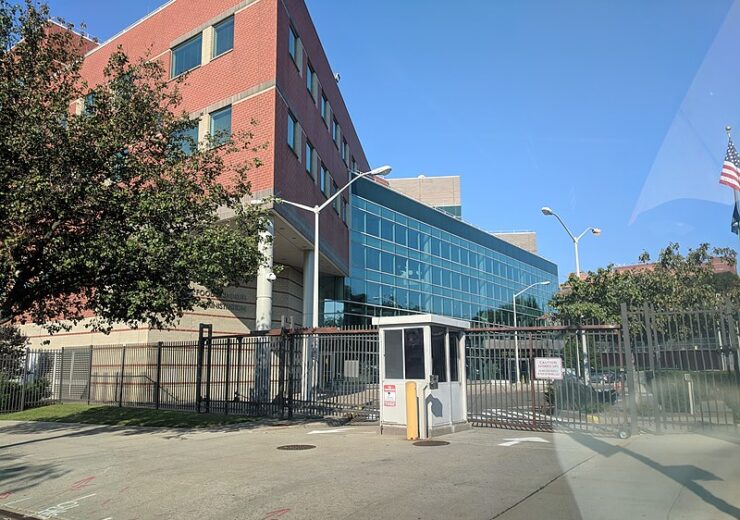Zynteglo offers potentially therapeutic benefit across ages and genotypes through durable transfusion independence and normal or near normal total haemoglobin levels

FDA New York field office, Office of Regulatory Affairs. (Credit: CaptJayRuffins/ Wikipedia)
Biotechnology company bluebird bio has received the US Food and Drug Administration (FDA) approval for Zynteglo gene therapy to treat beta‑thalassemia patients who require regular red blood cell (RBC) transfusions.
Zynteglo (betibeglogene autotemcel), also known as beti-cel, is intended to treat the underlying genetic cause of beta‑thalassemia in adult and paediatric patients.
It is a one-time gene therapy product that is made specifically for each patient from their own cells, which have been genetically altered to produce functioning beta-globin (a haemoglobin component).
The approval represents over ten years of clinical gene therapy research in patients with transfusion-dependent beta-thalassemia.
Zynteglo works by implanting functional copies of the A-T87Q-globin gene into the patient’s own hematopoietic stem cells (HSCs), enabling them to produce normal levels of total haemoglobin without routine RBC infusions.
The functional beta-globin gene is transferred to the patient’s cells outside of the body and then administered to the patient.
Zynteglo’s efficacy and safety were proven in two multicenter clinical studies involving adult and paediatric beta-thalassemia patients who required frequent transfusions.
The effectiveness was measured using transfusion independence, which is obtained when the patient maintains a target level of haemoglobin without requiring any red blood cell transfusions for at least 12 months.
Out of 41 patients who received Zynteglo, 89% of them became transfusion independent, said bluebird.
bluebird bio chief executive officer Andrew Obenshain said: “The FDA approval of Zynteglo offers people with beta-thalassemia the possibility of freedom from burdensome regular red blood cell transfusions and iron chelation, and unlocks new possibilities in their daily lives.
“After more than a decade of research and clinical development, and through the perseverance of clinicians, patients, and their families, the approval of Zynteglo marks a watershed moment for the field of gene therapy.
“As the first ex-vivo lentiviral vector gene therapy approved in the U.S. for the treatment of people with beta-thalassemia, we are ushering in a new era in which gene therapy has the potential to transform existing treatment paradigms for diseases that currently carry a lifelong burden of care.”
Due to the complexity of gene therapy, Zynteglo will only be offered at Qualified Treatment Centers (QTCs), which have been carefully chosen based on their experience in pertinent fields.
